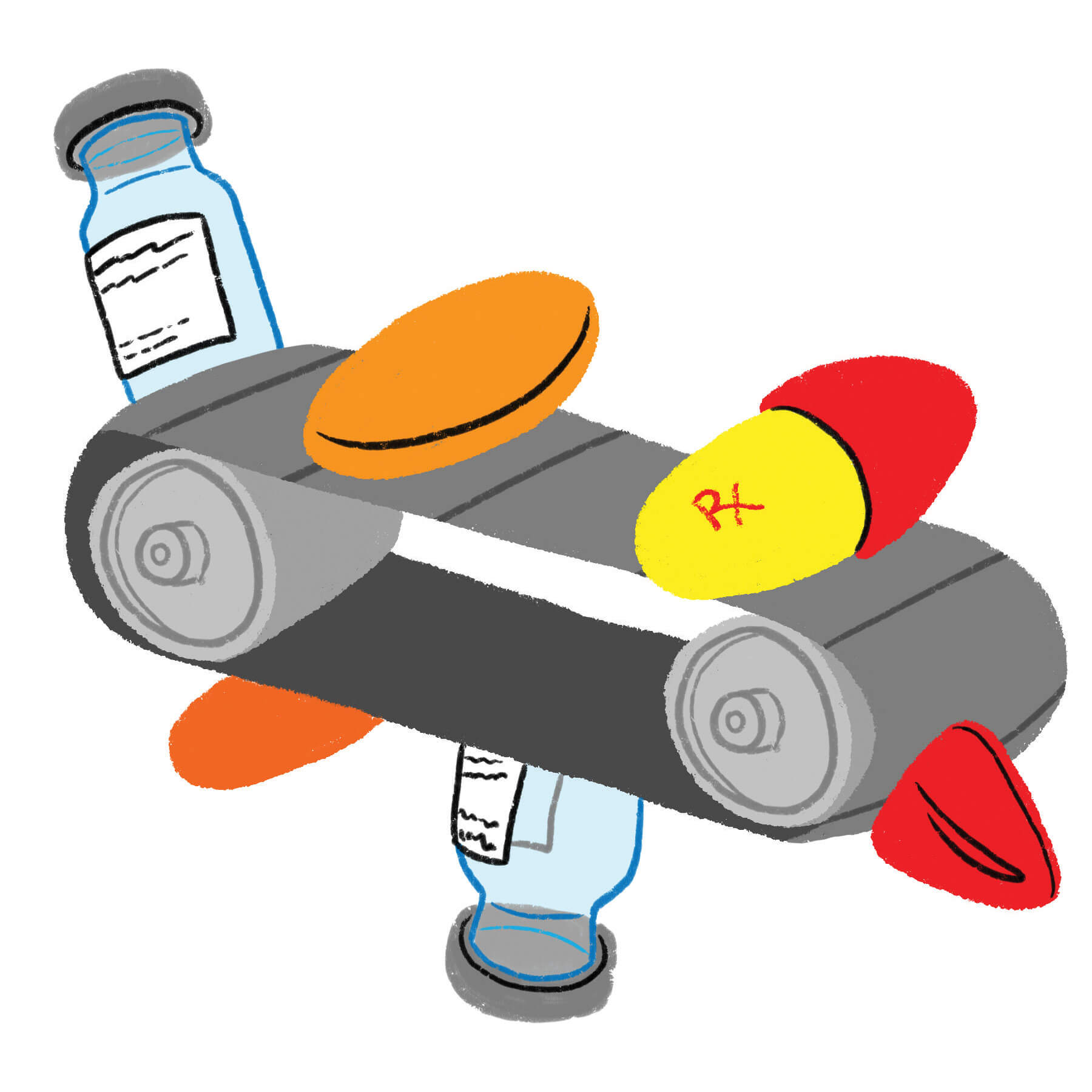
A Safer Public and a Speedier Drug Pipeline
By Jeff Weisburg, specialist professor of biology.
Every time you have these large disease outbreaks, it has a lasting effect on our everyday life. I’m 51, and I was about 13 years old when HIV and AIDS first reared its ugly head. Before that, doctors didn’t wear gloves when they saw you. We didn’t have equipment that covered needles, because you weren’t so concerned about needle sticks. Now it has become part of our everyday life.
The pandemic is going to have a lasting effect, too. There will always be hand sanitizers now in every room in public places. I think masks may also become more prevalent in the United States than they ever were before. And I think, no matter what, there’s going to be a large number of people who will not go to large gatherings ever again.
For the vaccine, we saw collaborative responses, which we’ve never seen before. Johnson & Johnson and Merck worked together; Pfizer and BioNTech worked together. Universities got involved, too, with Oxford working with AstraZeneca to develop their vaccine. So we saw how the science world could come together.
The other big thing was the smoother, faster FDA approval process for the vaccine. FDA approval for most medications is really a long, drawn-out process, and I think that this experience will hopefully speed up the response for any new medication. Of course, you always want to worry about safety, but people complain that—in the United States—we take a lot longer to approve our medications than most other countries. So I do hope that this is going to be a norm for the relationship between the pharmaceutical industry and the FDA.